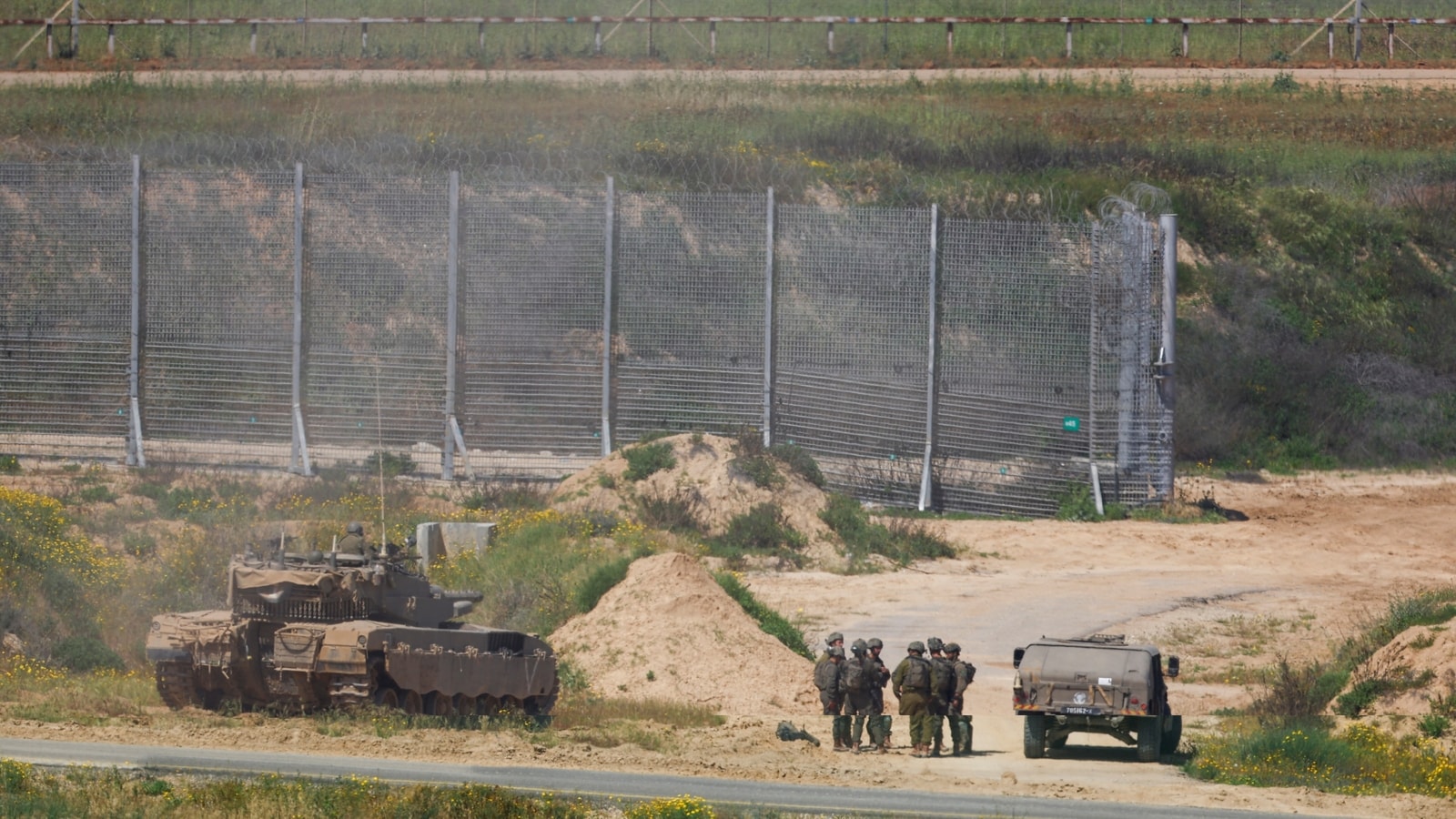Three former Supreme Court justices, along with over 600 members of the British legal profession, have raised concerns regarding the UK’s arms sales to Israel. They fear that such sales could implicate Britain in potential genocide in Gaza. These distinguished figures have been joined by two prominent intelligence experts who echo the sentiment that Britain must exert its influence to sway Israel and its strong supporter, the United States, towards a more positive direction in the conflict.
Despite historically being a staunch ally of Israel, the British government has faced mounting pressure to reconsider its position since the outbreak of hostilities on October 7th. Foreign Secretary David Cameron has notably intensified his rhetoric in response to the worsening humanitarian crisis in Gaza. Cameron emphasized on March 8th that Israel must comply with international humanitarian laws for Britain to approve export licenses for arms sales to Israel. A decision on this matter is expected in the near future.
The Foreign Office, while affirming ongoing evaluations of Israel’s adherence to international laws, has maintained that the specifics of government advice remain confidential. Leading members of the British legal community have urged the government to cease arms sales immediately to prevent any complicity in what they perceive as supporting wrongful international actions. This pressure reflects a growing chorus of voices seeking accountability and ethical considerations in the midst of the conflict.A group of judges, barristers, and legal academics raised concerns in a letter addressed to UK Prime Minister Rishi Sunak, stating that providing military assistance and materials to Israel could implicate the UK in acts of genocide and serious violations of International Humanitarian Law. This 17-page letter emphasized the importance of the British government honoring its obligations under international law. Despite these warnings, Sunak has maintained that the government follows a stringent licensing regime for weapons sales to Israel.
Former UK Justice, Jonathan Sumption, expressed worries on BBC Radio about the British government potentially neglecting its international legal responsibilities. On the other hand, Israeli Prime Minister Benjamin Netanyahu has vehemently denied any accusations of genocide, asserting Israel’s unwavering commitment to abiding by international law. The recent killing of seven aid workers, including three British citizens, in Israeli airstrikes has further intensified the calls for reevaluating the arms sales to Israel.
While the UK does license the sale of various military equipment to Israel, the country accounts for only a small fraction (about 0.4%) of Britain’s total global defense sales in 2022. Despite the relatively modest contribution, there have been voices within the British intelligence community advocating for using these sales as leverage. Former national security adviser Peter Ricketts and ex-MI6 chief Alex Younger have urged for rethinking the arms exports to Israel in light of mounting evidence of non-compliance with international humanitarian law.
Ricketts emphasized the need for Britain to send a strong message through potential arms sales restrictions, which could spark discussions even in Washington. Younger highlighted the importance of creating incentives to prioritize minimizing civilian casualties in conflicts. Conservative parliamentarian Alicia Kearns revealed that legal advisors had concluded Israel’s actions in the Gaza conflict violated international law. The UK government has previously halted weapon sales to Israel in instances like the 2009 license revocation and the 1982 formal restriction following the Lebanon invasion.




